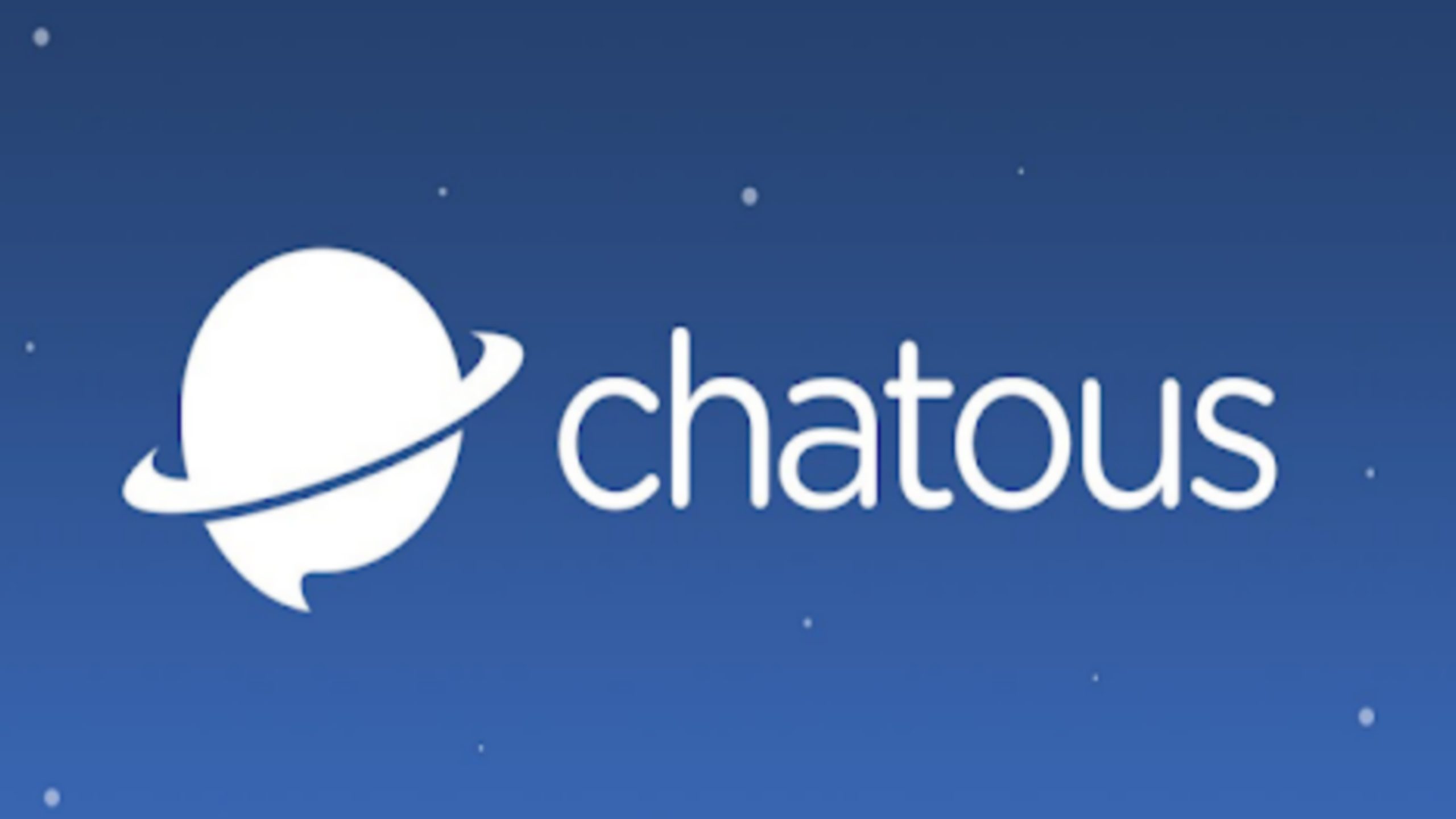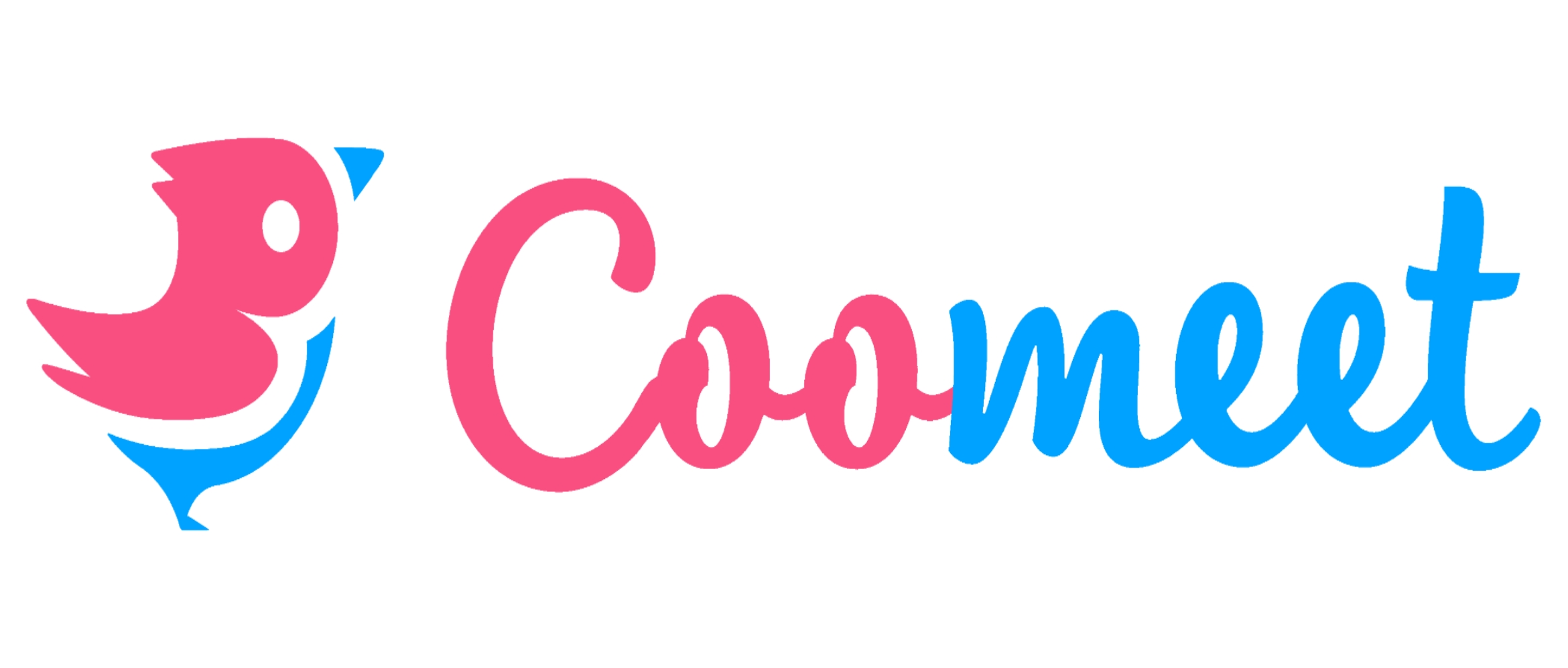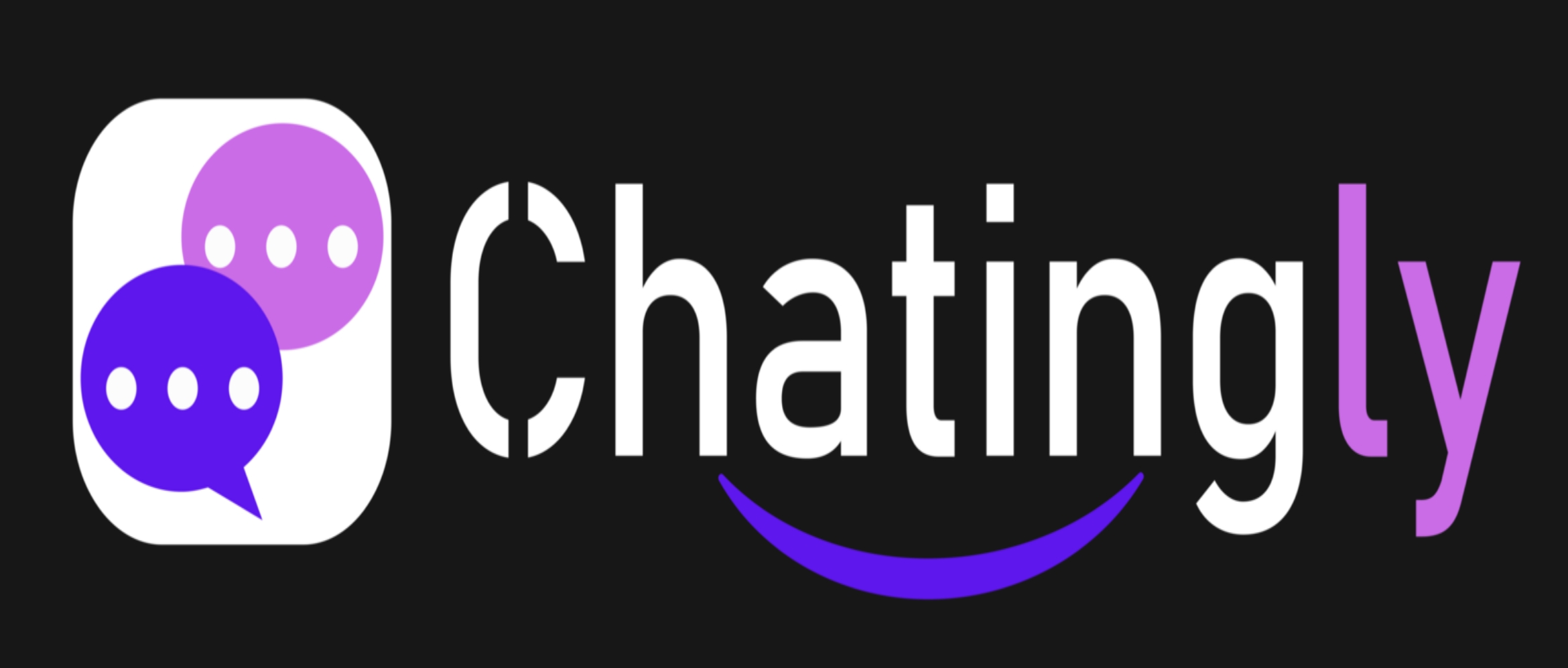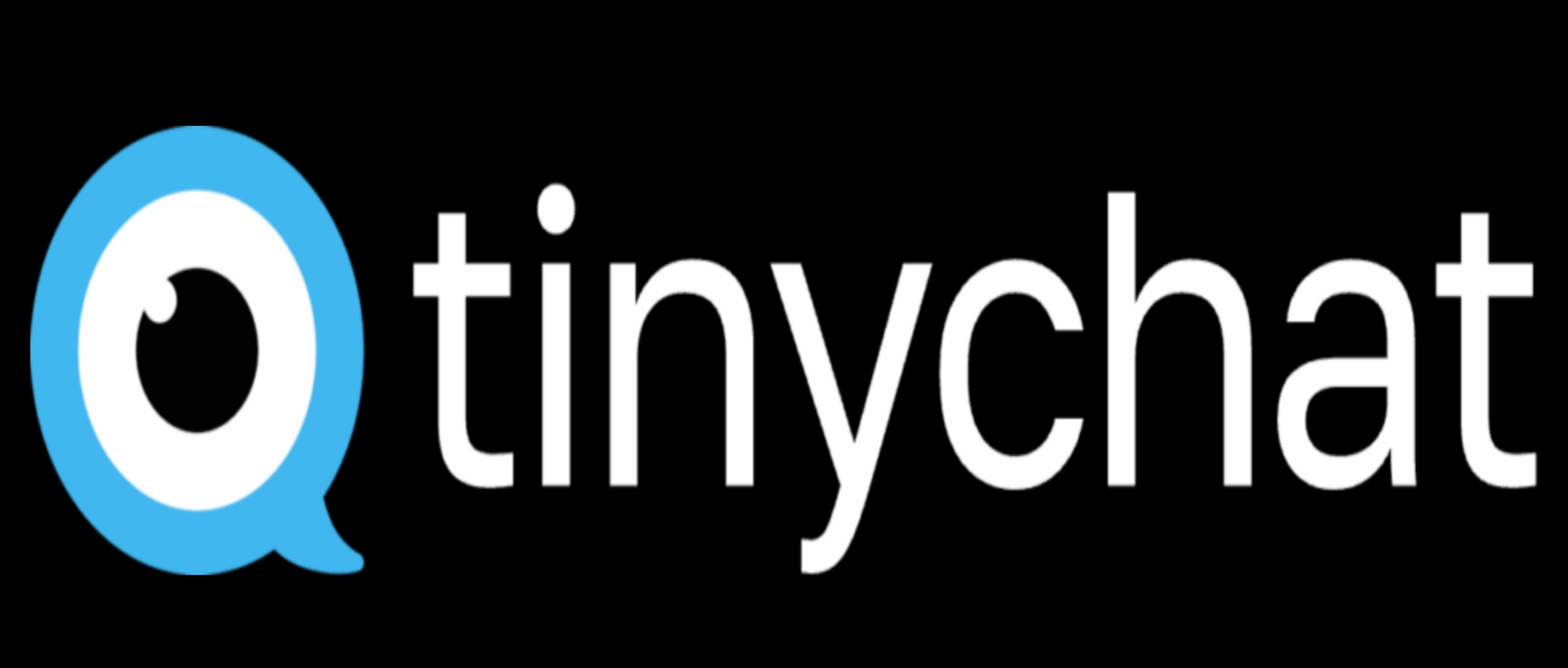Chatous opens the door to conversations with strangers across the globe. But not every door leads somewhere good. This review dives deep into Chatous: how it works, what’s strong, what’s risky, and who should (or shouldn’t) use it. By the end, a reader will have clarity—and confidence.
Chatous has become a go-to app for people seeking spontaneous, real-time interactions outside their usual social circles. Whether someone is looking to practice a new language, share experiences anonymously, or simply pass time through casual conversation, the platform provides that outlet with surprising ease. Yet, beneath its simplicity lies a complex ecosystem of diverse users, unpredictable encounters, and varying motives — making it both fascinating and, at times, unpredictable.
Overview
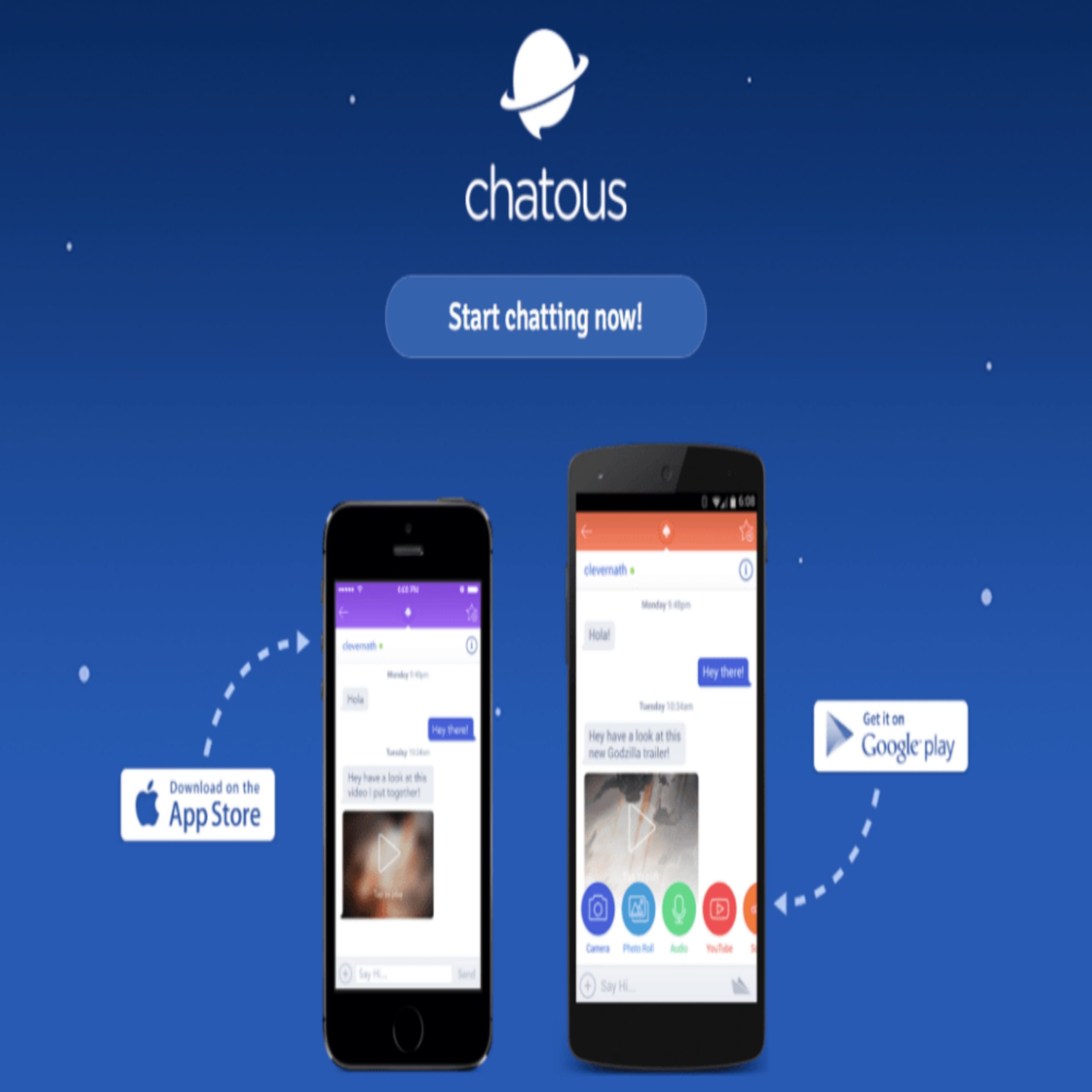
Chatous is a mobile and web app that pairs users for random chats, often anonymously. Users can select topic tags (hashtags) to influence who they are matched with. They can share text, images, short videos, or audio in chats. The app supports a hybrid chat model: anonymous by default, but with optional profile elements (display names, hashtags). On both iOS and Android, Chatous has been installed millions of times.
The app’s promise: meet interesting people worldwide, chat about what matters, from light topics to deeper ones. But its execution is messy. The mix of anonymity, random matching, and media sharing means there’s potential for fun — and trouble.
In this review, we’ll walk through Chatous’ features, pricing, user base, safety, alternatives, FAQs, and final verdict.
Throughout, the keyword Chatous appears naturally. And yes — in the final paragraph too.
Features
Random Matching + Hashtag System
When users open Chatous, they can pick hashtags (topics) that define what interests them — music, books, travel, etc. The app then matches them with users who selected similar tags. This approach is more refined than blind random matching.
However, matches are still random within that tag — so results vary wildly in quality. Some conversations click; others fizzle or veer into awkward territory.
Anonymous Identity & Changeable Display Names
Chatous allows users to stay anonymous. Display names aren’t necessarily tied to real identity. Users can change their display names at will. The app doesn’t require linking to Facebook, email, or phone number (though doing so may help recovery).
This gives a layer of privacy. But it also means bad actors may hide behind false names.
Media Sharing (Images, Short Videos, Audio)
Unlike classic text-only chat tools, Chatous lets users share images, short video clips, and audio snippets. Some features even support disappearing or expiring media.
These media capabilities make conversations richer — but also open doors to inappropriate content. Users must exercise caution.
Cross-Platform Support
Chatous works on mobile (iOS and Android) and via web (desktop). Conversations sync across devices, so a chat started on phone can continue on web.
This flexibility is a plus for users switching between devices.
Free Core + Paid Features
Basic messaging, hashtag matching, media sharing are all free. But some advanced features (such as gender filters or preferred matching) require tokens or in-app purchases. Users have complained that token costs feel steep.
Free usage gives you most of what many casual users want. Premium features are add-ons, not necessities.
Reporting & Blocking Tools
Chatous includes standard moderation tools: block a user, report inappropriate behavior. These tools are essential, but they cannot substitute for proactive moderation.
Pricing & Monetization
- Free to use: The app’s core features are free — join chats, use hashtags, share media.
- In-app purchases / tokens: To filter by gender or other preferences, users often pay tokens. Some users report that many matches using these filters are bots or spam.
- Ads: Chatous includes ads in certain interfaces, particularly for free users.
- “Coin / token gating”: Some parts of matching (e.g. selecting a more specific match) may require token expenditure.
- Value perception: Many users feel the free mode suffices. But power users (those wanting more control or fewer interruptions) may feel push toward paying.
From feedback, misuse of tokens (wasted on bot/chat traps) is a common complaint.
User Base & Behavior
Chatous draws a varied user base. Here’s how it breaks down:
- Younger audience: Teens and young adults often use it for browsing random conversations, social experiments, or flirting.
- Globally distributed: Users hail from all over — the U.S., Europe, Africa, Asia, Latin America.
- Casual chat seekers: Many are not looking for friendships or relationships long-term, but ephemeral connections.
- Creators & storytellers: Some users use Chatous to practice language, diary conversations, or share mini-stories.
- Romance seekers (risky): Some try to turn Chatous interactions into more serious relationships. That’s possible — but risky.
A few user stories reflect extremes: one user claimed to meet their spouse via Chatous after months of gradual conversation. Another reported frustration trading tokens and getting repetitive or spammy matches.
Advantages
- Easy entry: No heavy profile setup. Jump in fast.
- Anonymity option: Forego personal identity if desired.
- Media features: Adds depth beyond pure text.
- Interest matching: Hashtag system helps pair on shared topics rather than total randomness.
- Device flexibility: Web + mobile sync is useful.
- Global reach: Access to people across continents.
- Free core model: Most users won’t have to pay to use basic features.
Disadvantages & Risks
- Weak moderation: Numerous reports of explicit content, bots, and misuse.
- Token traps: Users complain tokens are consumed without meaningful matches.
- Fake profiles / catfishing: High prevalence.
- Age mixing / underage risk: Minors and adults share same environment.
- Content risk: Users may receive unsolicited media (images or sexual content).
- Notification issues / glitches: Some users say messages fail, chat ends prematurely, or UI bugs occur.
- No strong verification: Age, identity, or message monitoring aren’t robust.
- Dependency on user behavior: Safety depends heavily on each user’s caution.
Safety Analysis & Best Practices
Is Chatous safe? The answer: it depends on context and user discipline. It is riskier than apps with strong identity verification or strict moderation.
Here’s a breakdown:
Privacy & Data
Chatous collects some personal data (usage, device info). According to its privacy policy, it does not knowingly collect data from under-13 users. But data is transferred across jurisdictions, and security cannot be guaranteed.
Users should assume any content or metadata shared can be exposed. Avoid sharing personally identifying information.
Exposure to Explicit or Abusive Content
Because of anonymity and media sharing, the risk of encountering explicit images, sexual solicitations, harassment, or inappropriate behavior is real. Many parents and reviewers warn the app is unsafe for minors.
Age & Identity Mixing
Though the app forbids users under 13 and recommends parental oversight for 13–18, enforcement is weak. Many minors are present; some adults misrepresent age. That mixing increases danger, especially for young users.
Reporting / Blocking Responsiveness
The user tools are basic: block, report. But moderation is delayed. Reports may not always result in action quickly.
Meet-in-Person Risks
Chatous encourages caution: do not use it to solicit real-world meetings. The app states it does not encourage users to meet strangers. Any in-person meetup is at the user’s risk.
Best Practices for Users
- Never share personal info (phone, address, real name)
- Use the block & report feature immediately when uncomfortable
- Avoid accepting or opening external links
- Use anonymity rather than real identity
- Limit media sharing — if you must, use content you’re fully okay with being public
- For minors: parental supervision, limits, or avoid altogether
- Only meet offline after strong verification and cautious planning
- Use popular topics/hashtags rather than random matches to reduce noise
In short: Chatous can be fun — but only if used with eyes open.
Comparisons & Alternatives
How does Chatous stack up compared to other random chat or social platforms?
| Platform | Strengths Over Chatous | Weaknesses vs Chatous |
|---|---|---|
| Omegle / Chatroulette | More anonymity, real-time video focus | Less topic-based matching, harsher randomness |
| Tinder / Bumble | Identity verified, robust moderation | Requires profile, not random, paywalls |
| Azar / Holla / Chatspin | Stronger video experience | Less anonymity, faster churn |
| Anonymous forums / apps | Topic deep dive, community focus | Less real-time chatting |
| Messenger apps | Invite-only, private control | No randomness/discovery |
| Discord / Reddit communities | Structure, moderation, topic persistence | Less ephemeral one-on-one matching |
If your priority is safer, structured social interaction, other apps or niche communities may be better.
Use Case Examples & Scenarios
- Language learner: Sara wants to practice Spanish. She picks #español, matches with users in Spain, and chats daily.
- Nighttime boredom: Jake is in a different time zone and wants to chat with someone. He taps random and ends up chatting with someone in Japan about anime.
- Emotional vent: Maya wants to rant anonymously. She picks #mentalhealth and finds someone listening — not caring who she is.
- Gamer meetup: Ahmed chooses #gaming and finds someone to discuss tips, then switches to Discord for voice.
- Bad token experience: Mark buys tokens to filter to “female only” matches — but ends up with non-active accounts or bots. He regrets spending.
These scenarios show both potential and pitfalls.
FAQs (12–15 Questions)
1. What is Chatous exactly?
A platform for chatting with strangers via text, media, and optional anonymity. It blends random matching with topic filters so that conversations are loosely aligned.
2. How old do you have to be to use Chatous?
Officially age 13 and above. Users under 18 are expected to seek parental guidance. But in practice, age checks are minimal.
3. Is Chatous a dating app?
No. It’s not built for dating. But some users do use it in that way. Its focus is on conversation and discovery, not matching like a dating app.
4. Can I choose the gender of people I chat with?
Not for free. Gender filters are typically a premium (token) feature.
5. Do you need to verify your identity?
No. Chatous allows anonymous usage. Verification is minimal or optional.
6. Can users share photos or videos?
Yes. Users can send images, short videos, and audio messages. Some media may disappear after a period.
7. How safe is Chatous?
Mixed. It offers reporting and blocking, but moderation is reactive. Risk of inappropriate content, fake profiles, or harassment exists.
8. Is there moderation?
Yes, but limited. Chatous relies on user reports to flag bad actors; it does not pre-screen every message.
9. Can conversations be recovered if I delete the app?
Not always. If you lose access and haven’t backed up, some history may be lost.
10. Can I change my username?
Yes, users may change display names. The system doesn’t link them permanently to real identity.
11. How does matching work?
Users pick hashtags (topics). Chatous matches users who have chosen overlapping tags. The selection is otherwise random.
12. What happens if someone sends explicit content?
You can block or report them. Chatous claims to remove content after review, but response speed depends on moderation load.
13. Is Chatous free or paid?
Core features are free. Some filters or advanced matching require tokens or in-app payments.
14. Can minors (13–17) safely use Chatous?
Not recommended without supervision. Age mixing and weak moderation increase risk.
15. What’s a safer alternative to Chatous?
Apps with stronger identity, moderation, and community controls — such as Discord interest servers, moderated chat communities, or language-exchange platforms — are safer choices.
Final Verdict

Chatous offers a compelling promise: talk to strangers, discover new voices, do it quickly and free. It brings compelling features (media, anonymity, hashtag matching) and multiplatform convenience. But it also carries real risks: weak moderation, token traps, and exposure to explicit or deceptive content.
For adventurous, cautious users chat from the sidelines, Chatous can deliver interesting experiences. But it’s not a safe pick for children or users who expect curation and stability. Those who will use it must treat it as a tool, not a community — and exercise strong caution.
Chatous is a fascinating social experiment with promise and peril. Use it wisely.


